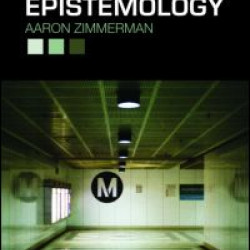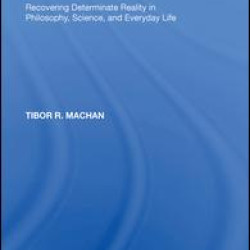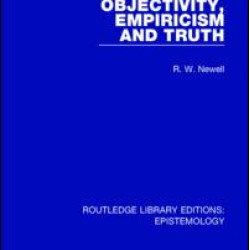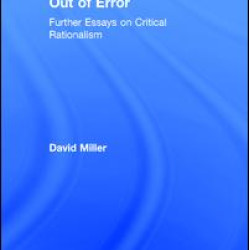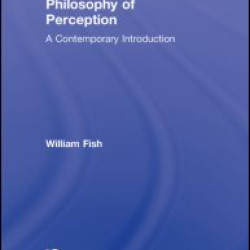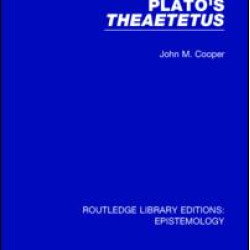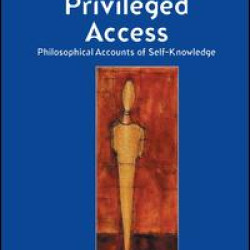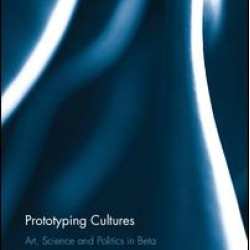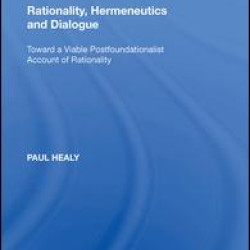Epistemology
Brand: Taylor & Francis
Model: 9780415485548
First Published in 2010. Routledge is an imprint of Taylor & Francis, an informa company...
₹2,496.22 ₹3,120.28
Brand: Taylor & Francis
Model: Stock
First Published in 2010. Routledge is an imprint of Taylor & Francis, an informa company...
₹8,445.60 ₹10,557.00
Brand: Taylor & Francis
Model: Stock
Originally published in 1986. The clash between orthodox empiricism and a pragmatism inspired by Wittgenstein, William James, Thomas Kuhn and John Wisdom forms the background to the argument in this book. It shows how the theory of knowledge can be shaped around our actions without sacrificing reaso..
₹2,643.10 ₹3,303.88
Brand: Taylor & Francis
Model: Stock
David Miller is the foremost exponent of the purist critical rationalist doctrine and here presents his mature views, discussing the role that logic and argument play in the growth of knowledge, criticizing the common understanding of argument as an instrument of justification, persuasion or discove..
₹3,083.74 ₹3,854.68
Brand: Taylor & Francis
Model: Stock
David Miller is the foremost exponent of the purist critical rationalist doctrine and here presents his mature views, discussing the role that logic and argument play in the growth of knowledge, criticizing the common understanding of argument as an instrument of justification, persuasion or discove..
₹8,812.80 ₹11,016.00
Brand: Taylor & Francis
Model: Stock
The philosophy of perception investigates the nature of our sensory experiences and their relation to reality. Raising questions about the conscious character of perceptual experiences, how they enable us to acquire knowledge of the world in which we live, and what exactly it is we are aware of when..
₹8,812.80 ₹11,016.00
Brand: Taylor & Francis
Model: Stock
Originally published in 1990. This book discusses in a philosophically responsible and illuminating way the progress of the dialogue and its separate sections to improve our understanding of Plato’s work on Theaetetus...
₹2,643.10 ₹3,303.88
Brand: Taylor & Francis
Model: Stock
How do you grasp the contents of your mind - your desires, your fears, your sensations, your beliefs? We typically think that we are better able to discern our own mental states than others are. But is this correct? And if it is, what explains your special or 'privileged' access to your own state..
₹7,711.20 ₹9,639.00
Brand: Taylor & Francis
Model: Stock
How do you grasp the contents of your mind - your desires, your fears, your sensations, your beliefs? We typically think that we are better able to discern our own mental states than others are. But is this correct? And if it is, what explains your special or 'privileged' access to your own state..
₹3,083.74 ₹3,854.68
Brand: Taylor & Francis
Model: Stock
From free software to crowd-sourced entrepreneurial or political initiatives, or open-source projects in science, the status of knowledge in contemporary society is undergoing profound changes. Knowledge is made to remain open, in a permanent ‘beta’ status: knowledge as an on-going prototype of itse..
₹6,976.06 ₹8,720.08
Brand: Taylor & Francis
Model: Stock
What is rationality and how are we to conceive of it today given the major theoretical changes that have profoundly altered our philosophical self-understanding? This book develops a systematic response to these questions, defending an approach to rationality that can meet the demands of a postfound..
₹2,569.66 ₹3,212.08


